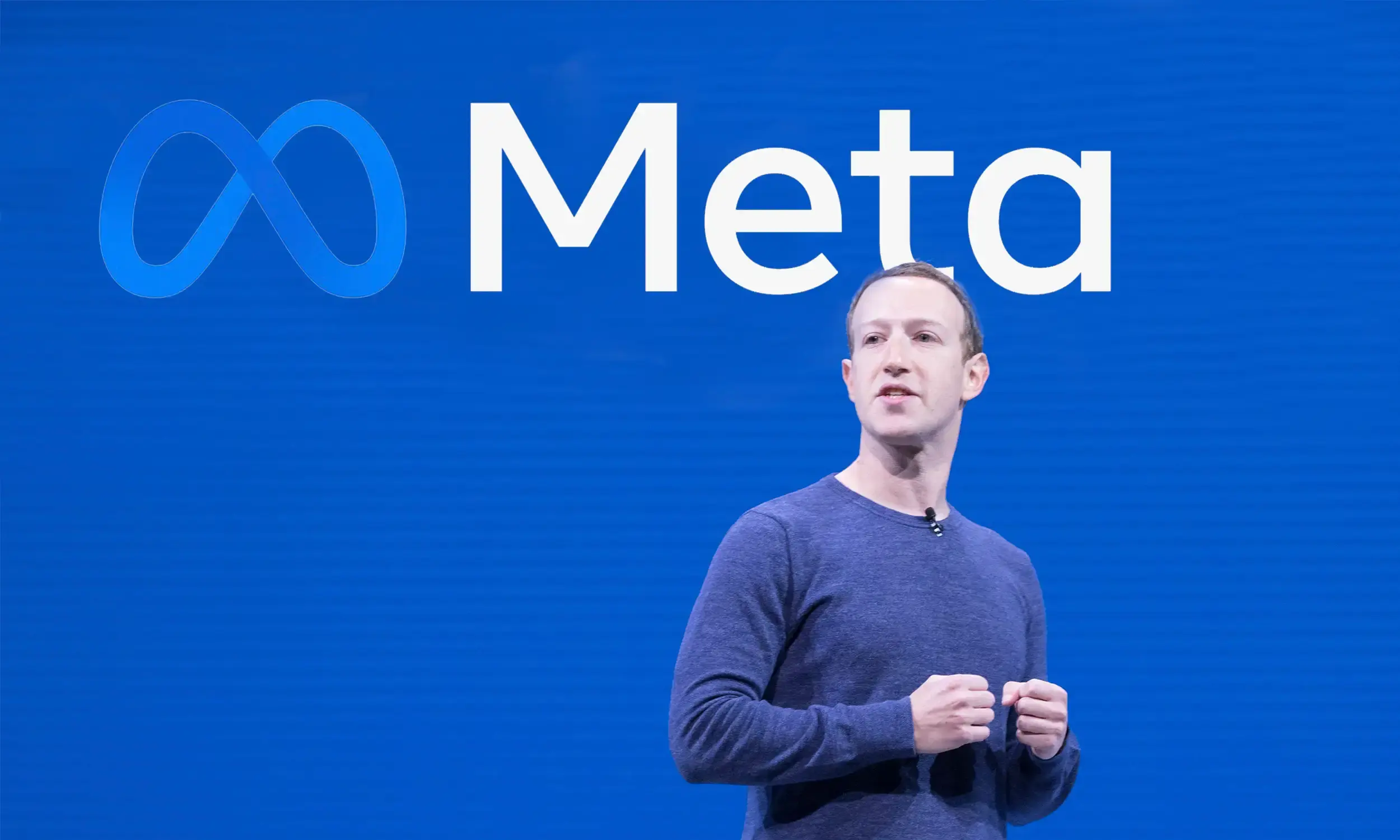Meta, the tech giant behind Facebook, Instagram, and WhatsApp, has recently come under scrutiny from the Brazilian National Data Protection Agency (ANPD). The agency decided on Tuesday (local time) that Meta would not be allowed to use data from Brazil to train its generative AI models. This move by the ANPD aims to protect the rights of Brazilian users and prevent potential harm from data misuse.

Meta’s Privacy Policy Update
Policy Change
Meta updated its privacy policy to allow the use of public posts for training AI models. This update has raised concerns among users and regulatory bodies worldwide. The new policy permits the company to utilize public content posted by users on its platforms. The company can use the data to train its AI models and provide better services.
Response from ANPD
The Brazilian ANPD issued a press release which explains their decision to ban Meta from using Brazilian data for AI training. They cited potential serious and irreparable harm to the rights of the data subjects affected by this policy change. The ban is described as a preventive measure to protect user rights and data integrity.
Brazil: A Key Market for Meta
User Base
Brazil is a major market for Meta. With a population of 203 million, as per the 2022 Brazilian Census, Brazil has about 102 million active Facebook users alone. This large user base makes Brazil a critical region for Meta’s operations and growth.
Market Impact
The ban could have notable impact for Meta’s AI development and business operations in Brazil. The inability to use Brazilian data for training AI models might hinder the company’s innovation efforts and competitive edge in AI tech. It also reflects the growing concern and regulatory focus on data privacy and protection in major markets.
Meta’s Reaction
Dismay and Compliance
A spokesperson from Meta expressed the company’s disappointment with the ANPD’s decision. They said that Meta’s updated privacy policy complies with local laws around the world. The spokesperson also said that the ban is seen as a setback for innovation and competition in AI development, Meta claims that this could delay the benefits of AI for Brazilian users.

Global Context
Meta’s issues are not limited to Brazil. In Europe, the company’s updated privacy policy has also faced resistance. Meta recently halted its plan to use users’ public content for AI training. The initial plan was for the company to start using the data for training last week. This halt reveals the regulatory hurdles Meta faces in different regions with regards to its data use policies.
Privacy Concerns and Legal Landscape
Brazil’s Stand on Data Privacy
Brazil’s decision to ban Meta from using data for AI training shows the country’s commitment to protect user privacy. The ANPD’s actions reflect a broader trend of increased regulatory oversight and enforcement in response to growing concerns about data misuse and privacy violations.
Comparison with the US
In contrast to Brazil and Europe, the United States does not have detailed national laws with regards to online privacy. This legal gap allows Meta to use user data for AI training more freely. The difference in regulatory approaches shows the issues and complexities multinational tech brands face in navigating diverse legal landscapes.
Potential Impact on AI
Innovation and Rivalry
The ban on using Brazil data for AI training could hurt Meta’s innovation and edge in the AI market. Data from various sources is key for making strong and good AI models. Without Brazil’s data, Meta’s AI work may slow, and the quality of services for users could drop.
User Trust and Data Safety
The ANPD’s choice might change how users view Meta. Keeping data safe and user rights intact are crucial for user trust. Actions that focus on user data safety can boost trust, but they might also pose challenges for firms in terms of following rules and pushing for new ideas.
The Role of AI in Meta’s Plan
AI’s Key Role
AI is at the heart of Meta’s plan, driving features on Facebook, Instagram, and WhatsApp. From moderating content to making ads personal, AI boosts user joy and keeps them engaged. Losing Brazil’s data could slow the growth and skill of these AI features.

Training Models
AI training needs lots of data. Diverse data helps make models that are fair and true. Without Brazil’s data, Meta faces a gap in its training data, which could hurt the skill of its AI globally.
Balancing Rules and New Ideas
Sticking to the Law
For tech firms like Meta, following local laws is vital. Compliance means staying in key markets. But the ANPD’s rules create a tough spot for Meta. It must find ways to create new ideas while obeying local rules.
New Idea Hurdles
AI growth relies on data. With new limits, Meta must find other data sources or change its data plans. This could mean spending more on fake data or other tech ways to fill the gap.
Broader Effects for Tech Firms
World Rules
Brazil’s ANPD move is part of a larger trend of more rules on big tech. Nations are making stricter data safety laws. This trend shows a shift to more checks on how user data is used.
Industry Effects
Other tech firms are watching Meta’s issue closely. The result could change how they handle data use and rule-following in different areas. Firms may need to be more clear to keep trust and avoid similar bans.
Conclusion
The ANPD’s ban on Meta using Brazil data for AI training marks a big step in the talk over data safety and AI ethics. As Meta faces these rule hurdles, it must balance following rules with new ideas to keep its edge and user trust. The Brazil case shows wider global worries about data safety and the need for strong rules to protect user rights in the digital age.





